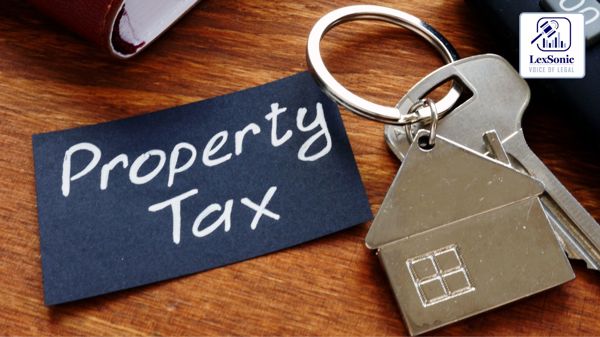Court's Ruling on Property Tax Dispute: Rajkot Municipal Corporation's Appeal Dismissed.
09 August 2024
Taxation and Duty >> Property & Real Estate | Property Tax >> Tax Laws
Background:
The Rajkot Municipal Corporation (RMC) recently faced a legal setback when its appeal against a High Court of Gujarat decision was dismissed. The appeal challenged an order from July 7, 2016, which had directed the RMC to refund a portion of property tax paid by Avenue Supermarts Limited. The dispute revolves around property tax liabilities for the Assessment Year (AY) 2015-16.
Case Overview:
Avenue Supermarts Limited (Respondent No. 02) contested a demand from RMC for property tax arrears amounting to INR 2,97,02,324 for the AY 2015-16. This demand was for dues that predated Avenue Supermarts' acquisition of the property, which it purchased on September 3, 2015. Due to non-payment of these dues by the previous owner, the property was sealed on March 21, 2016.
The Gujarat High Court ruled in favor of Avenue Supermarts Limited, stating that the company should only be liable for property tax from the date of its acquisition onward. The court found the RMC's attempt to recover pre-acquisition arrears from Avenue Supermarts Limited unjust and excessive. As a result, the court ordered the RMC to refund the excess property tax collected, totaling INR 14,85,000, with interest at 6% per annum.

Appellant's Arguments:
The RMC argued that the High Court's order was inconsistent with Sections 139 and 140 of the Gujarat Provincial Municipal Corporation Act, 1949 (GPMC Act 1949). The RMC contended that, under Section 140(1), it was authorized to recover outstanding property tax from the current occupier if the previous owner failed to pay. The RMC further argued that Section 140(4) allowed them to claim these dues from the new owner, and thus Avenue Supermarts Limited was liable for the entire amount.
Respondent's Counterarguments:
Avenue Supermarts Limited countered that it should only be liable for property tax from the date of its acquisition. The company highlighted that the previous lessee, Reliance Communications Limited, had already challenged similar tax demands in court, which resulted in a stay on the recovery of these dues. Additionally, Avenue Supermarts Limited emphasized that a security deposit of INR 2,50,00,000 made by the previous owners was not a transfer of tax liability but a token of assurance.
Court's Analysis and Decision:
The High Court's decision rested on the premise that property tax liability should be borne by the owner during the period in question. As Avenue Supermarts Limited acquired ownership on September 3, 2015, it was deemed responsible for taxes from this date forward, not for any period before. The court's directive for refund and interest was based on ensuring that Avenue Supermarts Limited was only charged for the period of its ownership.
The Supreme Court, in reviewing the High Court’s order, noted that the issues had largely become academic since the RMC had already complied with the refund directive. It affirmed the High Court's decision, underscoring that the RMC's appeal did not present grounds sufficient to overturn the order.
Conclusion:
The Supreme Court upheld the High Court's ruling, reaffirming that Avenue Supermarts Limited's tax liability was limited to the period after its acquisition of the property. This decision reinforces the principle that tax obligations should correspond with the period of ownership and ensures that the RMC cannot unjustly burden new owners with pre-acquisition arrears. The appeal was dismissed, and the RMC's actions in complying with the refund order were confirmed.
Pending applications were also dismissed, with no costs awarded. The ruling provides clarity on the treatment of property tax liabilities in cases of property transfer and underscores the legal protections available to new property owners against unjust claims for previous periods.
Gujarat Municipalities Act, 1963
